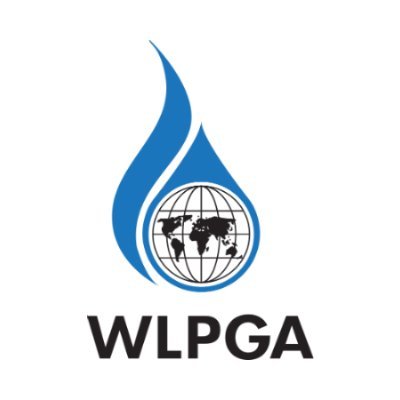By Eyo Nsima
The Chief Advocacy officer and Deputy Managing Director, World LPG Association, WLPGA, Mr. Michael Kelly, said Ukraine-Russian could affect the distribution of LPG globally.
Speaking at The Daily Africa Summit, he noted that there is currently a minimal impact because LPG has supply points all over the world.
Specifically, he said: “One of the big issues I have been asked to touch on is the invasion of Ukraine by Russian forces in February of this year. The short-term repercussions on our industry do not seem to be huge because LPG has supply points all over the world. It seems like the world won’t be as impacted as European markets.
“But one thing we do see is that there is a scramble in Europe right now before winter to move from natural gas to alternatives and one of those alternatives is LPG. What may happen is that as European markets start to shift industrial applications in Germany for example, from natural gas, which was coming in from Russia to LPG, they may start to purchase a lot of the product that was destined for African market and price African market out.
“Consequently, there could be that kind of knock-on effect, if consumption in European market starts to spike, which it may do as we hit the winter months in the northern hemisphere. That is something for us to consider. It is also something for us to consider how we position the industry in this discussion about security of supply because the flexibility, ease of transport, ease of storage, all which characteristics make our industry and our product extremely good in this context.
“Also, we cannot forget about climate change because it is growing in the consciousness of the people. I am sure you are all aware of the Glasgow negotiations, which took place in 2021. As an industry, we have stayed out of this discussion in the past, but now, we are very much involved in the U.N process, representing the interests of the industry.
“We have a real good story to tell, propane and butane are not on the list of the Intergovernmental Panel on climate change, which is the scientific body for the United Nations as greenhouse gases whereas methane, natural gas is and that points of combustion of CO2 emissions are relatively low. This is something to think about. I think for this audience and maybe for some questions later is that COP 27 this year will be in Sharm El-Sheikh in Africa.
“It’s unclear whether or not there will be a focus on African issues, but it would make a lot of sense to do that. I think it’s maybe this second or third COP has ever been held in Africa and there was one held in Durban a few years ago. But it is an opportunity to highlight some of the challenges that African markets have. A financial crisis seems to be looming with inflation spiking around the world with these supply chain issues emerging from the pandemic that still linger and then a contraction in global markets. The LPG industry recession proof we saw this during the pandemic. There were some markets, including Indonesia with big populations and high penetration. There are also Brazil and India, where people were staying at home and cooking. Our members in those markets had very good years and if we go into financial crisis, there is a chance that our industry will be insulated to a certain extent. I am not sure how that would impact markets, which are more sensitive to global prices like the Nigerian market.
“It may actually be a negative looking at the developing countries. Take Sri Lanka with debt crisis and other challenges, including food scarcity, although it seems like some ships are starting to leave the ports in Ukraine and Odessa, bringing grain and meal to markets that need it, but there seem to be a lot of instability in our future with Sri Lanka being the hamburger for other markets.
“This could cause a rise of populism so we see leaders like Donald Trump, Victor Orban, Boris Johnson in the West. It could cause Refugee flows toward Europe and North America as well as increase instability. All these things are happening at the moment and then finally and this is happening in developed countries. You have many policy makers, who have agreed to some very aggressive targets to reduce fossil fuels in their markets and some of them are very realistic. They are the first to admit that and also in the context of what’s happening in Ukraine, this is becoming more pronounced, but this is something that will not go away. So, as an industry, we have to decide how we want to deal with this, how we want to face these challenges in European markets and in the West coast of the United States and in places like New Zealand and Japan.”








